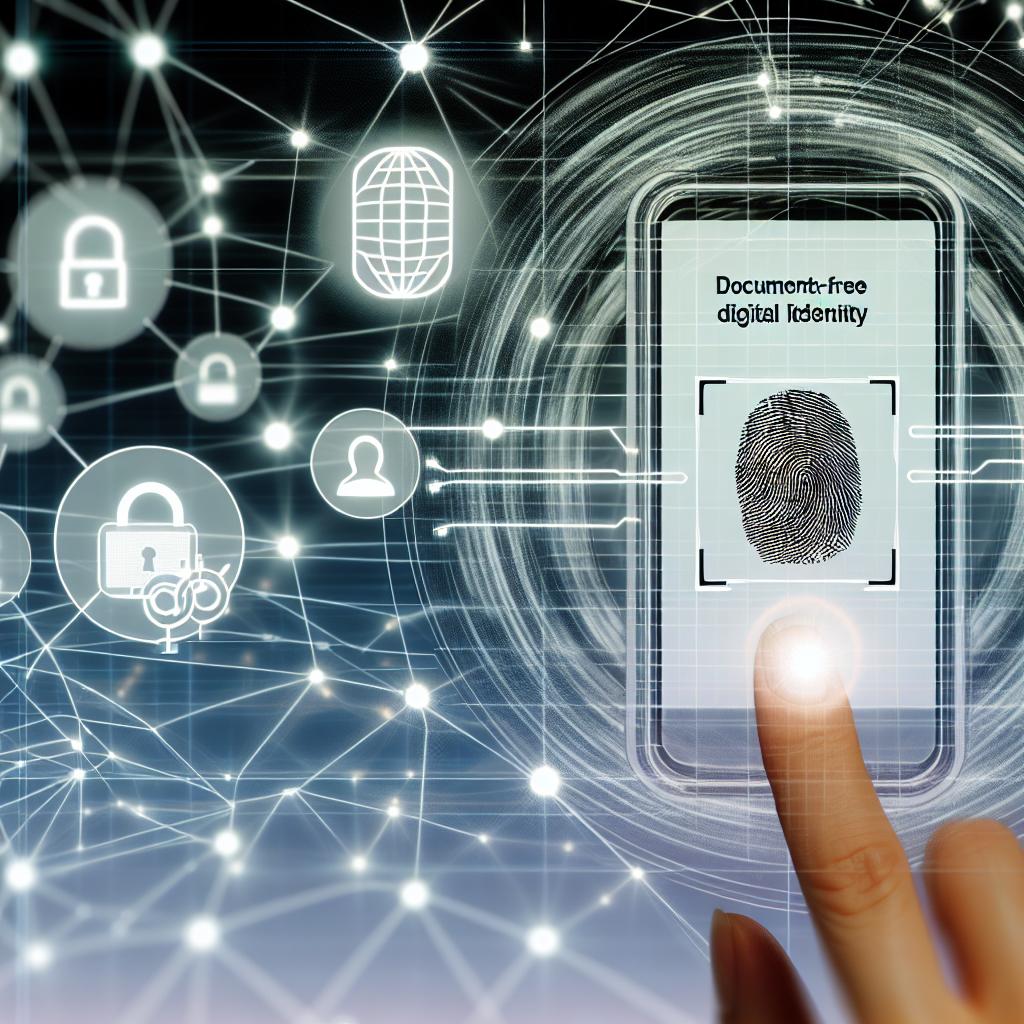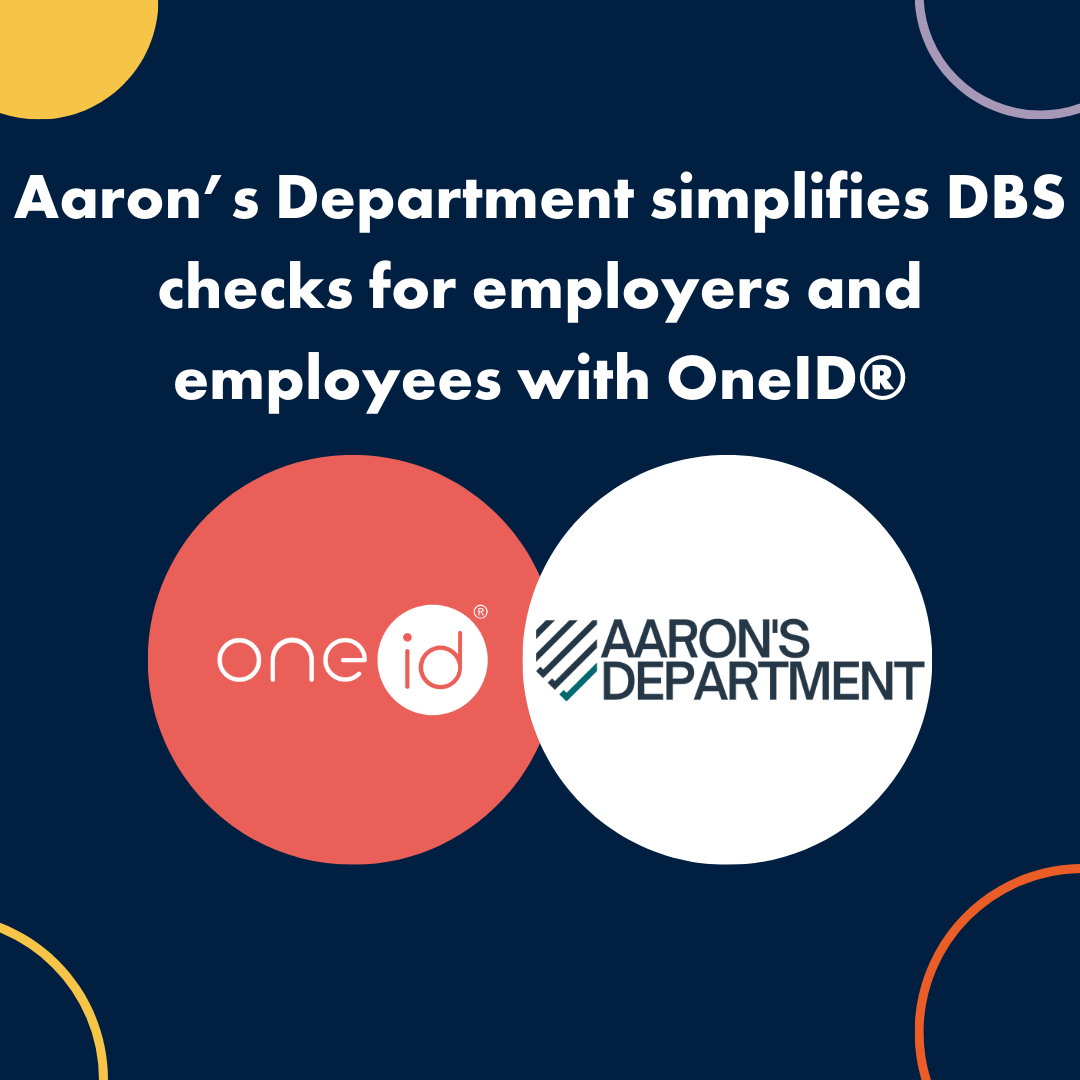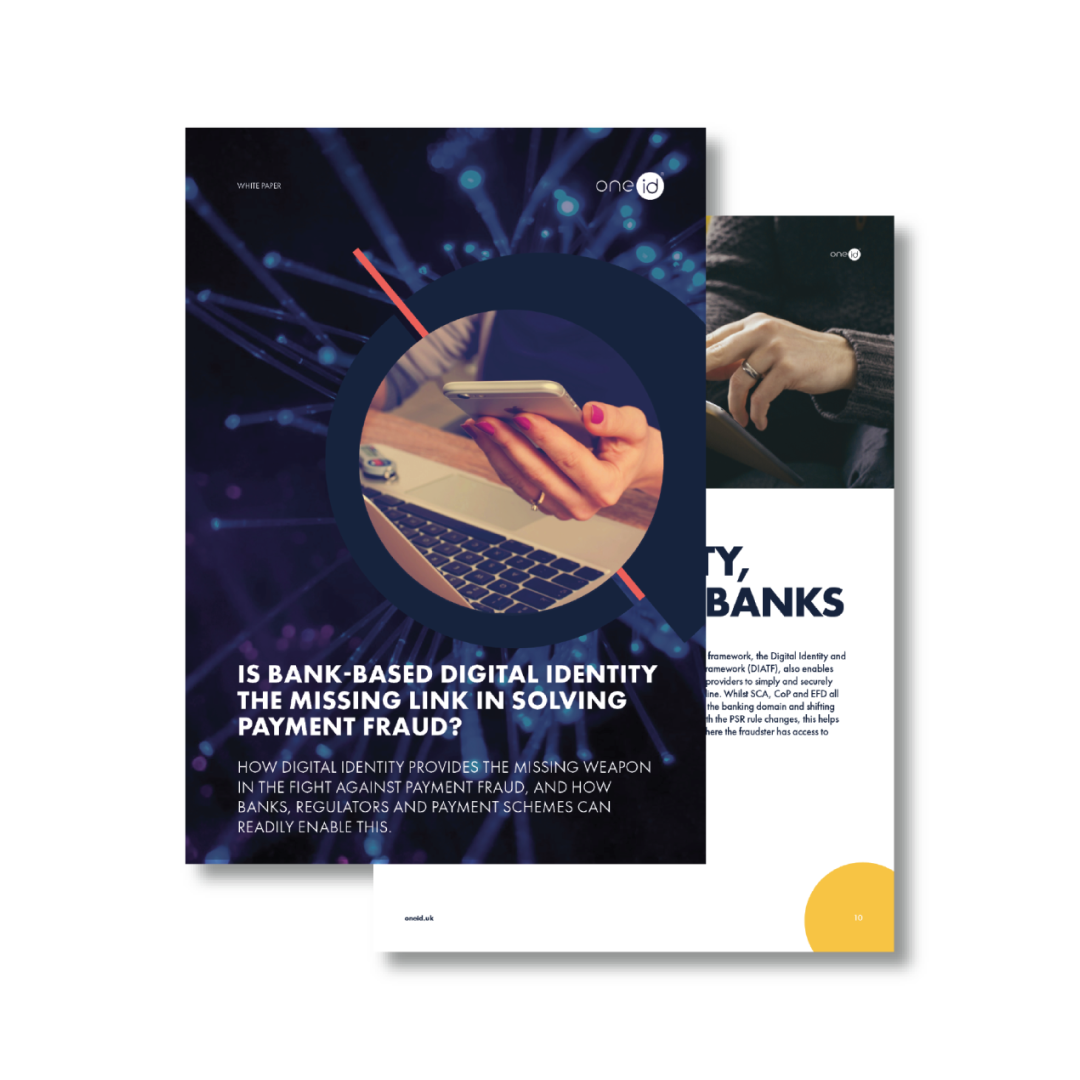Valentine’s Day last year was rough – even more so than usual. Whether you spent it doing a ‘galentine’s’ Zoom quiz or having a pizza party with the person you’d been locked in with for the entirety of 2020, I bet it was hard to feel the love.
But this year is different, we’re allowed out!
Maybe you’re coupled up and smug, going for the dinner you’ve had booked since last year, or perhaps you’re on date number five with the dreamboat you met on New Year’s Eve.
If you’ve been less lucky in love and are still swiping, you’re not the only one. Around 15% of singletons in the UK are using apps to look for love.
And whilst your worst nightmare might be accidentally matching with your next-door neighbour, for many people the reality of online dating has been even worse.
Catfishing and romance fraud are rife, costing UK daters more than £15million in the first half of last year.
If you’re a Netflix fan you may have seen the two-hour intense documentary The Tinder Swindler, detailing how one man scammed several women into taking millions of dollars out in loans for him whilst he lived the high life using multiple fake identities.
This might sound like a fanciful tale, but sadly romance fraud and Authorised Push Payment (APP) scams are extremely common, with victims suffering the consequences.
UK Finance recently published their most recent statistics on APP fraud and found that APP scams have increased by 71% in the first half of 2021. Romance scams specifically have risen in value by 62% since this time last year, costing UK victims more than £15 million.
That’s a lot of money.
At OneID®, we’re all about privacy, and about finding new ways for you to share your information in a safe way online when you need to, without giving access to anyone who doesn’t need it.
But we also care about trust online the other way round too.
How can you know that the person you’re speaking to is who they’re claiming to be?
We’ve been working on this problem, and you’ll hear us talking about APP fraud a lot in the coming months.
We know that digital identity solutions like OneID® can prevent these catfish and romance scammers, who convince victims to send them money under fake identities.
There is a safer way to date online, and we’ve built it.
Now we just need people to use it.
So, how can you protect yourself if you’re looking for love online? Here are our top 5 tips:
Look into the dating sites you’re using and what they do to protect their users. Some sites and apps have introduced photo verification, giving a ‘blue tick verification’ to users who are prepared to take live selfies in a pose requested by the app.
This is a good start to ensure the user is a real person, but it still doesn’t confirm whether they are who they say they are.
For further protection, look for platforms that are actively seeking better solutions as they are more likely to care about you and your safety.
In most cases, fraudsters will target victims who form attachments quickly. Be careful if you are speaking to someone who is overly affectionate early on.
The slower you go, the less likely a scammer is to stick around - plus you have more opportunities to pick up on any warning signs.
If you’ve just met someone online, look them up. See if their details online match what they’re saying to you.
A useful tip is to use Google’s ‘search by image’ (hint: on the desktop version of Google, click the little camera icon in the search bar) as it allows you to see if there are multiple social media accounts using the same photos.
Most dating sites and apps will offer their own messaging service.
Scammers will try to lead you to other messaging platforms as quickly as possible as they offer less protection.
Stay on the site or app where you first met the person, as their messaging service will provide you with an extra layer of security.
If something doesn’t feel right, it probably isn’t.
Don’t ignore feelings of distrust when talking to someone online, there’s probably a reason you feel that way and you should dig deeper.
If you’re ever unsure, talk to someone about it, do some research and if you don’t feel 100% safe then disconnect.
And most importantly, never respond to requests for money from someone you don’t know.
For more information about staying safe online, The Cyber Helpline have a catfishing guide you can read here.
You can keep up with OneID® developments as we work to find better solutions for online problems like APP fraud by signing up to our newsletter here.

In the digital age, the evolution of identity verification has shifted from cumbersome physical processe...

Aaron’s Department, a leading provider of Disclosure & Barring Service (DBS) checks for organisation...

As promised in my last blog recapping our webinar, 'Modernising KYC: Why Innovators are Adopting Digital...

OneID®’s latest white paper, launched at Pay360, points the financial services and payments industry to ...